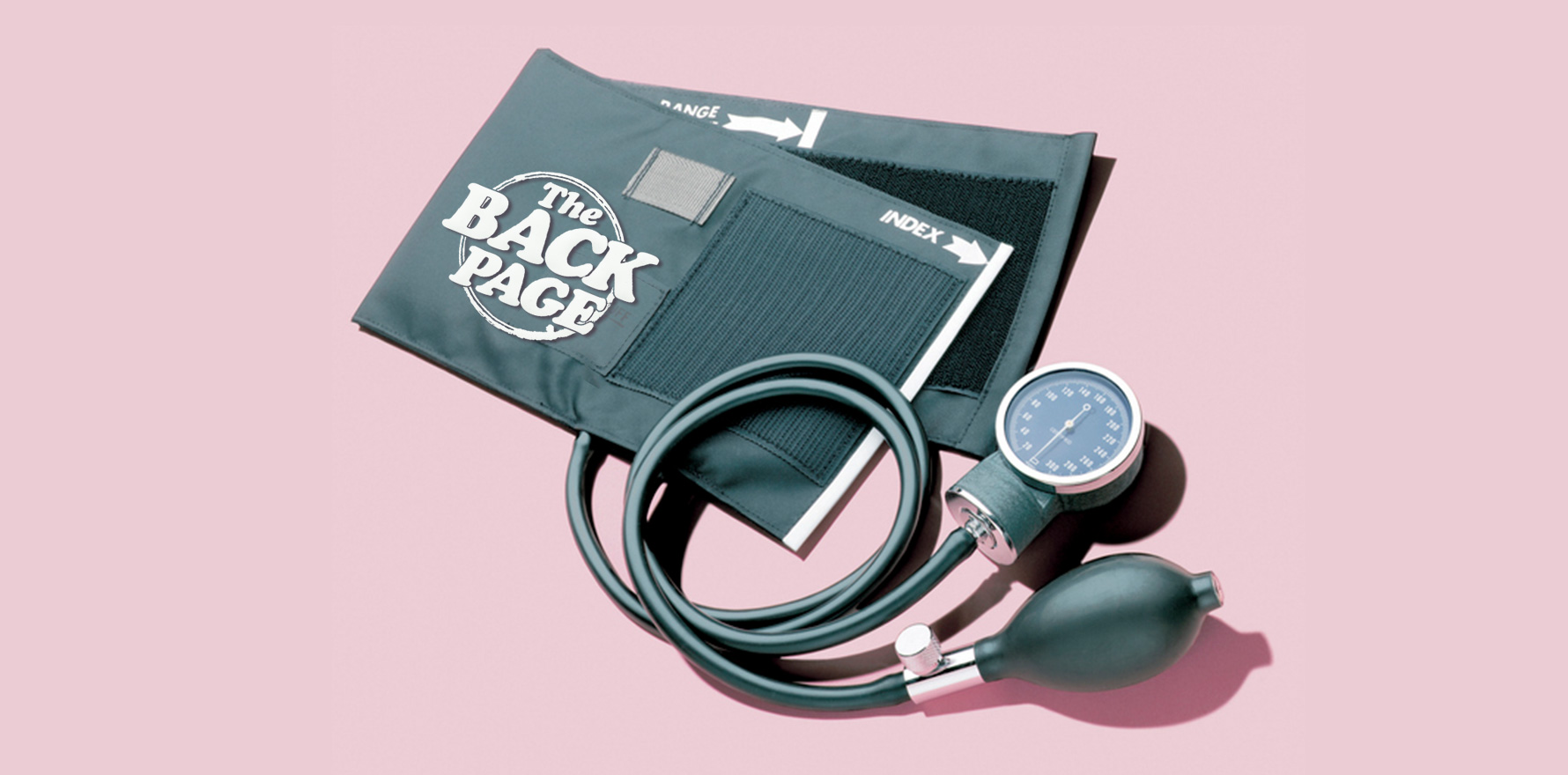In yet another reason to lose weight, exercise and give up salt: it might make you nicer to be around.
Noticed yourself a little more irritable, dissatisfied or angry lately? Well, we may have a solution to help save your friendships and relationships: just lower that blood pressure.
No, seriously.
High diastolic blood pressure may actually cause neuroticism, according to a new study that has untangled the causal relationship between the two.
It’s not ground-breaking to suggest that people who are stressed or uptight have high blood pressure, but it hasn’t been clear which of these factors causes the other.
In fact, it has been widely believed that neurotic traits were the ones to blame for people’s high blood pressure – and hence, cardiac risk. But now a new study in General Psychiatry hints that maybe you can fix your bad personality by cutting out the salt or losing a few kilos.
Just get a good night’s sleep, for starters.
Your workmates and heart will thank you for it.
“Individuals with neuroticism can be sensitive to the criticism of others, are often self-critical, and easily develop anxiety, anger, worry, hostility, self-consciousness, and depression,” the authors wrote.
And the personality trait has been seen as a major cause of anxiety and mood disorders.
“Individuals with neuroticism more frequently experience high mental stress, which can lead to elevated blood pressure and cardiovascular diseases,” they wrote.
So to clarify which factors causes what, researchers analysed eight large datasets that contained whole-genome information, as well as data on hypertension, systolic blood pressure, diastolic blood pressure, pulse pressure, anxiety, depressive symptoms, neuroticism and subjective well-being.
They used Mendelian randomisation, a method of analysing gene variants to identify causal direction in observational studies. These variants are used as proxies for risk factors, such as blood pressure, to tease apart their role in causing conditions.
“Blood pressure is an important indicator of blood circulation and is one of the vital signs. Blood pressure has 30%–60% heritability, and over 1000 SNPs [single nucleotide polymorphisms] have been significantly associated with this complex trait by large-scale genome-wide association studies.”
While neuroticism generally refers to a tendency to experience negative emotions, including fear, distress, dissatisfaction, anger and guilt, the researchers found that diastolic blood pressure didn’t appear to cause depressive symptoms, anxiety or affect subjective wellbeing.
After running multiple tests, they did find that diastolic blood pressure was significantly associated with neuroticism.
“Appropriate surveillance and control of blood pressure can be beneficial for the reduction of neuroticism, neuroticism-inducing mood disorders, and cardiovascular diseases,” the authors concluded.
If something has you fired up, relax and tell penny@medicalrepublic.com.au.


